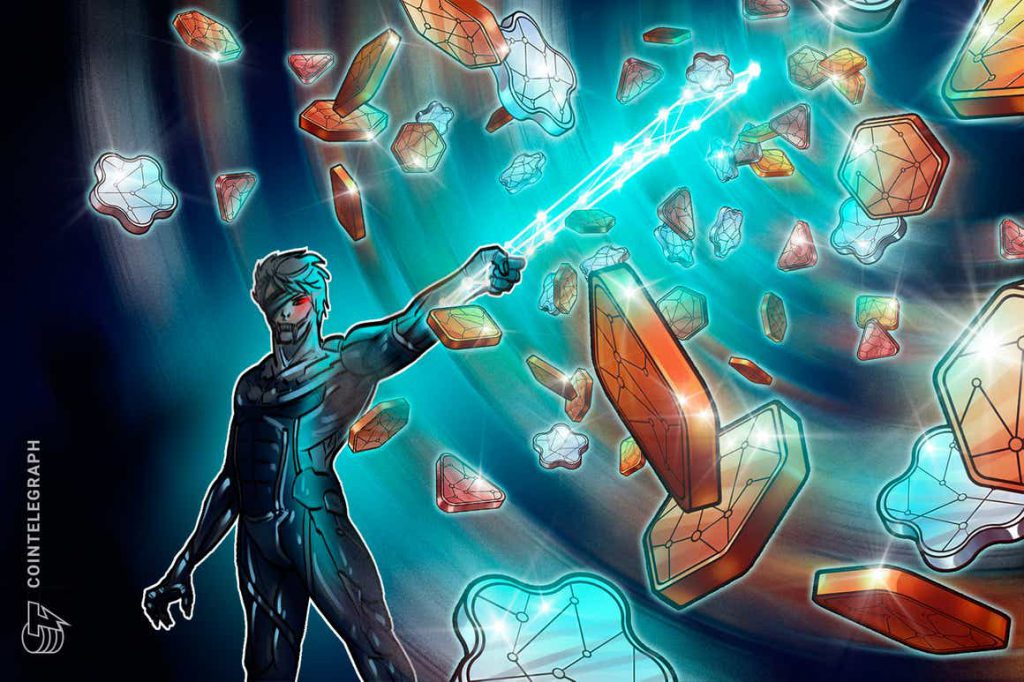Nonfungible token (NFT) marketplace Metaplex has concluded a $46 million investment round to support its strategic pivot into metaverse applications — offering further evidence that existing blockchain networks were looking to capitalize on advances in Web3 technology.
The investment round was co-led by venture firms Multicoin Capital and Jump Crypto, with additional participation from Solana Ventures, Alameda Research and Animoca Brands. Over 90 individual investors also participated in the raise, including NBA legends Michael Jordan and Allen Iverson.
The funding round will allow the Metaplex Foundation, which oversees the development of the Metaplex protocol, to expand its support for metaverse and gaming applications beginning this year. As an NFT-first protocol, Metaplex has already been used to create over 5.7 million digital collectibles for 85,000 projects, according to the company.
Metaplex launched its NFT marketplace on Solana in June 2021 with support from cryptocurrency exchange FTX. The platform was designed to provide infrastructure support to the nascent, but thriving, NFT community. Despite its recent slump, the NFT market is poised to continue growing this year after a record-breaking 2021 that saw creators generate over $17 billion in sales.
Debates about the #Metaverse have begun.
Crypto leaders are divided over whether Mark Zuckerberg should lead Facebook into the Metaverse. Should he resign, or is he all the company needs to move forward? https://t.co/6VDiUZEHl0
— Cointelegraph (@Cointelegraph) November 5, 2021
The concept of the metaverse, which refers to a broad digital world that integrates technology and real life, was popularized in 2021 after Facebook rebranded to Meta in its attempt to capitalize on the emerging market. At the time, Vishal Shah, Facebook’s head of metaverse products, said creators will have free rein to create many kinds of digital objects on the metaverse.
Related: An Indonesian 22-year-old makes $1M by selling NFT selfies on OpenSea
According to Cointelegraph Consulting, metaverses and NFTs have a natural connection in that nonfungible tokens can add a certificate of ownership or authenticity to assets belonging to the digital world. Proof of ownership will become more integral to metaverse applications as they continue to attract more users and concepts such as digital land become more commonplace.


